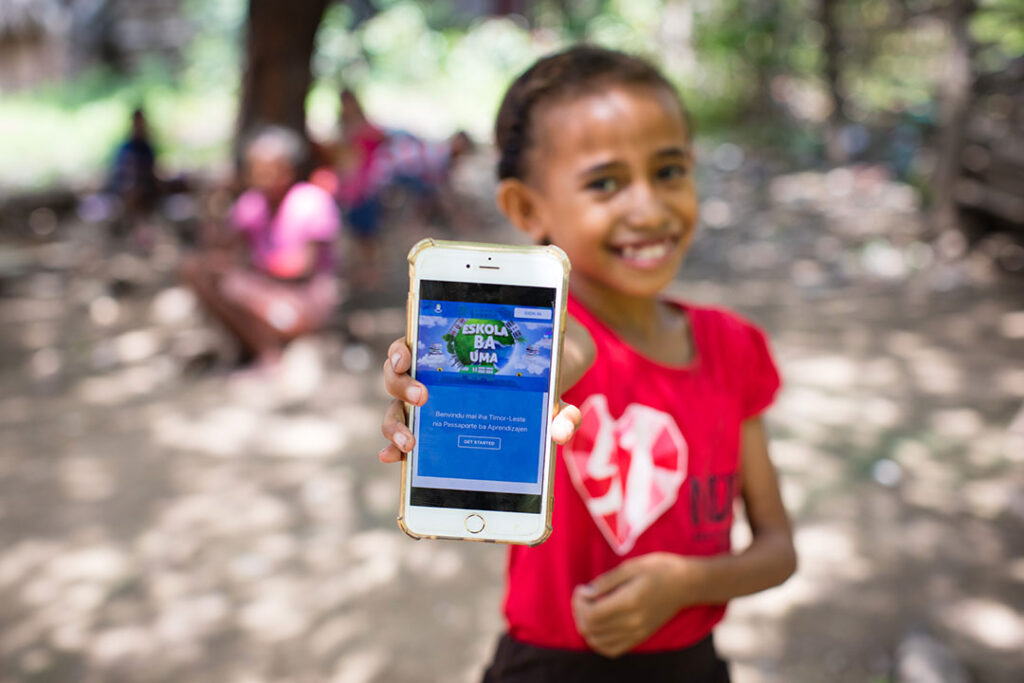ADF STAFF
Sam Masikini knows the challenges of trying to learn in an overcrowded rural schoolhouse.
So when the 23-year-old information technology student from Malawi heard about a UNICEF contest to design a mobile app, he drew from his own experience.
“I know what it is like to attend a rural school in a village,” Masikini told ADF. “You can have five villages attending one school. A single teacher is teaching 70 students. I knew what had to be done.”
In June, Masikini entered the UNICEF Malawi COVID-19 Youth Challenge, one of four problem-solving competitions in the region sponsored by the organization. He designed a mobile app he believes can help overcome the challenges of educating rural children who, due to COVID-19, may not have access to in-person schooling.
“I knew it was going to take a lot of time to find the solution to the pandemic, and I knew that a lot of [children] would be doomed if we do not come up with alternatives for education.”
On September 14, UNICEF Malawi announced that Masikini finished first out of 1,717 participants. Over the past several weeks, he has worked with experts and mentors in incubation hubs. They have developed the application and anticipate testing it with students and teachers soon.
Masikini’s winning entry is called Inspire, which facilitates e-learning in places with limited internet access and few resources, such as smartphones and computers. It pairs Malawi Ministry of Education content on an offline learning platform accessible by basic cellphones.
Masikini grew up in Mwangolera, a roadside village in the northern district of Karonga, next to Lake Malawi.
“We had thatched houses and a lot of green land with trees,” he said, recalling his primary school days before his family moved to Malawi’s capital, Lilongwe. “I never had passion for learning. I skipped classes to roam in markets and play in the valley with other kids.
“They do not expect a lot from the villages, especially in my country.”
He remembers the struggle, how easily he could have been another dropout. It’s what sparked his idea for the UNICEF competition.
“Education was in crisis before COVID,” he said. “Only about 35% finish primary school, and just 8% finish secondary. The number of dropouts is growing each day.”
United Nations Educational, Scientific and Cultural Organization estimated in August that only one-third of students globally will return to the classroom, as hundreds of millions of children face school closures and uncertainty.
“In Malawi, the coronavirus has changed the way we live just as it has affected our education system,” Pilirani Kamaliza, a project coordinator at the Teachers Union of Malawi, said to social justice website EqualTimes.org. “Since schools closed in March, the numbers of children that have been forced into marriages as well as the world of work has steadily increased.”
UNICEF hopes it can help give young innovators the tools to address challenges in their communities.
“We are committed to helping young people become co-creators and develop their own innovative solutions to the challenges in their lives,” UNICEF Malawi representative Rudolf Schwenk said in a press release. “By developing these skills through problem solving, young people can be the change agents in their communities and country.”
Masikini will graduate in a virtual ceremony in December from the University of Malawi, the Polytechnic. The race is on to see if his app launches in time to make it a dual celebration.

